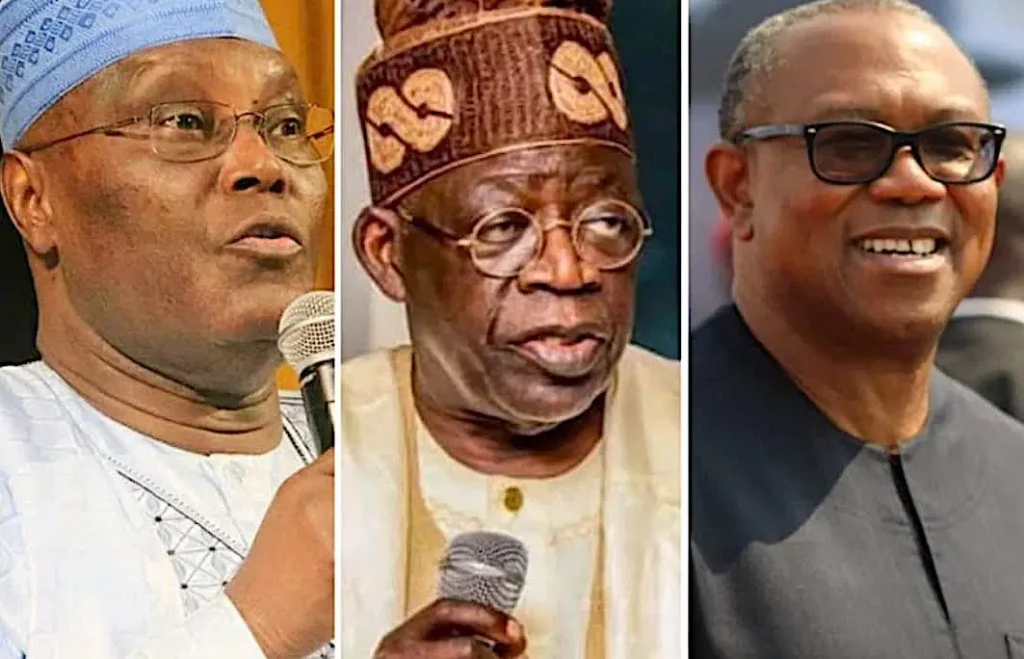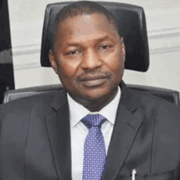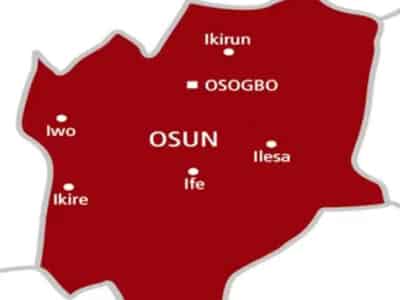
The House of Representatives has advanced a bill seeking to bar individuals above 60 years from contesting for the offices of President and Governor in Nigeria. The proposed legislation, sponsored by Rep. Ikeagwuonu Ugochinyere, passed its second reading on Thursday, setting the stage for further legislative scrutiny.
The bill seeks to amend Sections 131 and 177 of the 1999 Constitution to introduce a maximum age limit for candidates vying for the country’s highest political offices. If passed, it will require that anyone contesting for President or Governor must not exceed 60 years at the time of election. Additionally, candidates must possess at least a bachelor’s degree in their chosen field of study.
Speaking on the bill, Ugochinyere argued that it was necessary to promote youth leadership, innovation, and generational renewal in Nigeria’s governance. According to him, the move aligns with global trends that encourage the inclusion of younger leaders in political decision-making. However, critics have raised concerns that the bill could sideline experienced politicians who still have much to offer in governance.
Beyond the age limit bill, the House also debated and passed several other key legislative proposals for second reading. Among them was a bill advocating for the mandatory inclusion of youths and persons with disabilities in political appointments, ensuring broader representation in government. Another significant bill, sponsored by Speaker Tajudeen Abbas and Rep. Ikenga Imo Ugochinyere, seeks to upgrade Alvan Ikoku College of Education in Imo State to a federal university.
Lawmakers also considered a bill proposing the creation of an additional local government area in Imo State—Ideato West Local Government—aimed at enhancing administrative efficiency and local development. Additionally, the House deliberated on a bill to move trade and commerce to the concurrent legislative list, allowing both federal and state governments to regulate economic activities and foster nationwide economic growth.
In a bid to promote gender inclusion in governance, a separate bill seeking to reserve seats for women in the National and State Assemblies also passed its second reading. Supporters of the bill argue that increased female representation in legislative bodies will lead to more inclusive policies and national development.
Judicial reforms were also on the agenda, with the House passing a bill to set timelines for justice administration and another proposing an increase in the number of justices in the Supreme Court and the Court of Appeal to enhance efficiency. Additionally, two bills proposing the creation of new states—Wan State in North Central Nigeria and Gobir State in the Northwest—were introduced for further consideration.
With these legislative efforts, the House of Representatives aims to reshape Nigeria’s governance structure by promoting youth leadership, gender inclusion, and judicial efficiency while enhancing economic and administrative development. The bills will now proceed to the committee stage for further legislative review before potential final passage.




















Comments